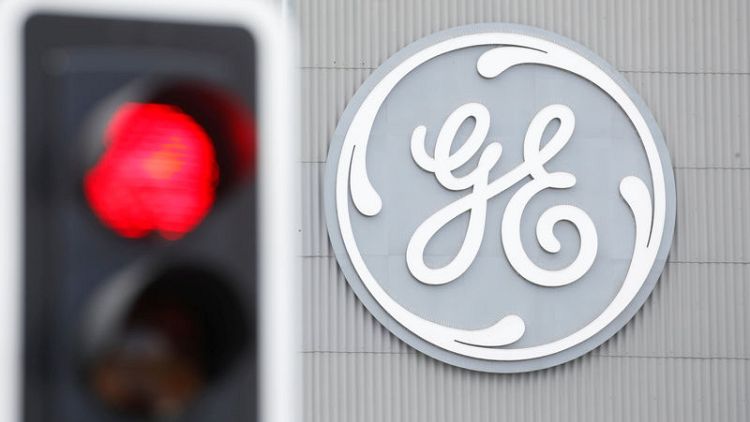By Alwyn Scott
NEW YORK (Reuters) - General Electric Co <GE.N> ranks among the riskiest backers of long-term care insurance, suffering from both a high exposure to claims and a relatively small cash pile to pay them, Fitch Ratings said in a report on Tuesday.
The Fitch report, which the credit rating agency produces annually, echoed concerns raised last week by financial investigator Harry Markopolos, who estimated that GE has under-reserved by $29 billion (£24 billion) for its long-term care policies. GE stepped up its defence of its insurance accounting on Monday.
Long-term care coverage, which pays for assisted living and nursing home stays, has turned out to be far more expensive than insurers assumed when they sold policies decades ago, and has tipped some insurers into financial loss and even bankruptcy.
Fitch said GE is not alone, and that many insurers still have not set aside enough money to cover losses expected on long-term care policies, which are unusually risky because the costs are volatile and vulnerable to interest rate changes. Even insurers that have taken a more conservative stance and set aside more money have not avoided losses, Fitch said.
But GE ranked second on Fitch's list of the 16 riskiest long-term care insurers, just below Genworth Financial Inc <GNW.N> a company that GE spun out in 2004 and that holds former GE long-term care policies.
GE has below average reserves and "very high" exposure to long-term care, Fitch Ratings analyst Anthony Beato told Reuters.
The other insurers cited as having below average reserves and very high exposure are Genworth, Unum Group <UNM.N> and Senior Health Insurance Co of Pennsylvania.
GE scored high, Beato said, because it has mostly older policies written when the costs of long-term care were poorly understood. A large portion of GE's policies also provide lifetime benefits and some contain inflation protection benefits.
"When you compound all of that together, (GE's portfolio) looks much riskier than what the rest of the industry maintains," Beato said.
GE's insurance group also has only about $1 billion in capital on a statutory accounting basis, Beato said. While GE, as the parent, has put in money to shore up reserves in the past, Fitch did not factor that into its rankings because it wanted a comparison of reported statutory capital levels across the industry, Beato said.
"Should GE have to increase reserves further, the capital base continues to be dwarfed by this very large exposure" at GE's insurance operating subsidiary, Beato said.
(Reporting by Alwyn Scott; Editing by Cynthia Osterman and Nick Zieminski)



